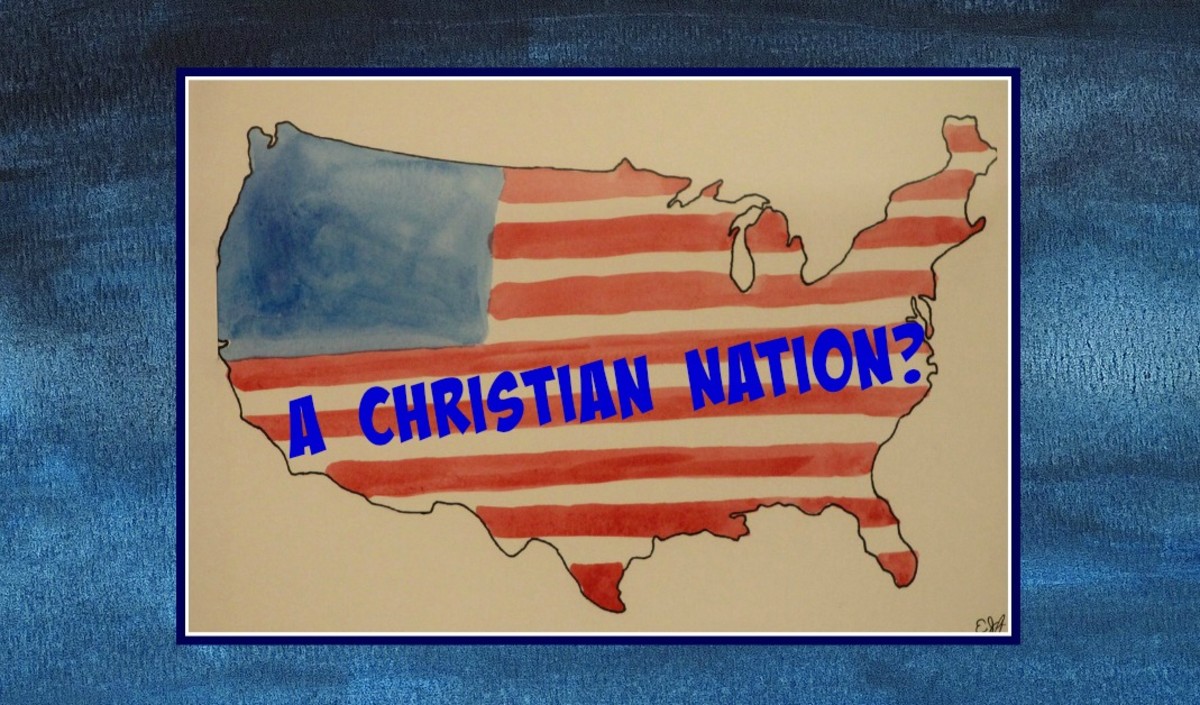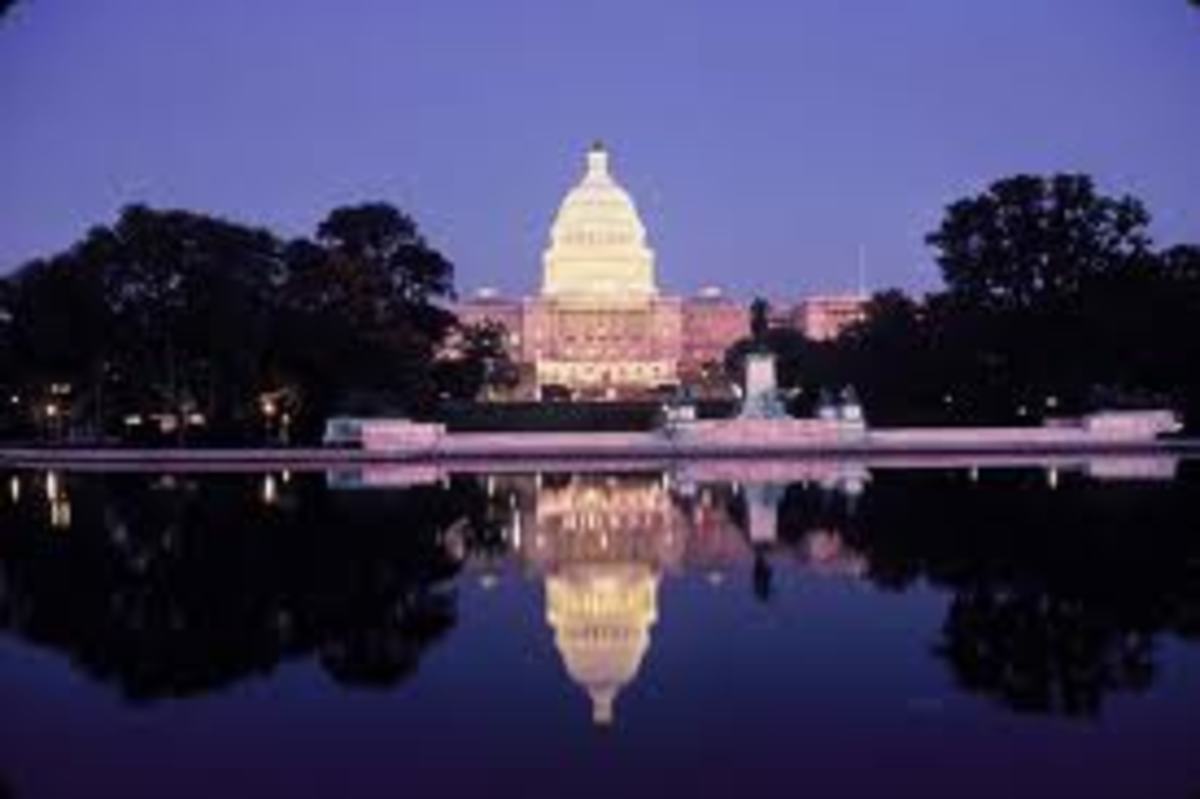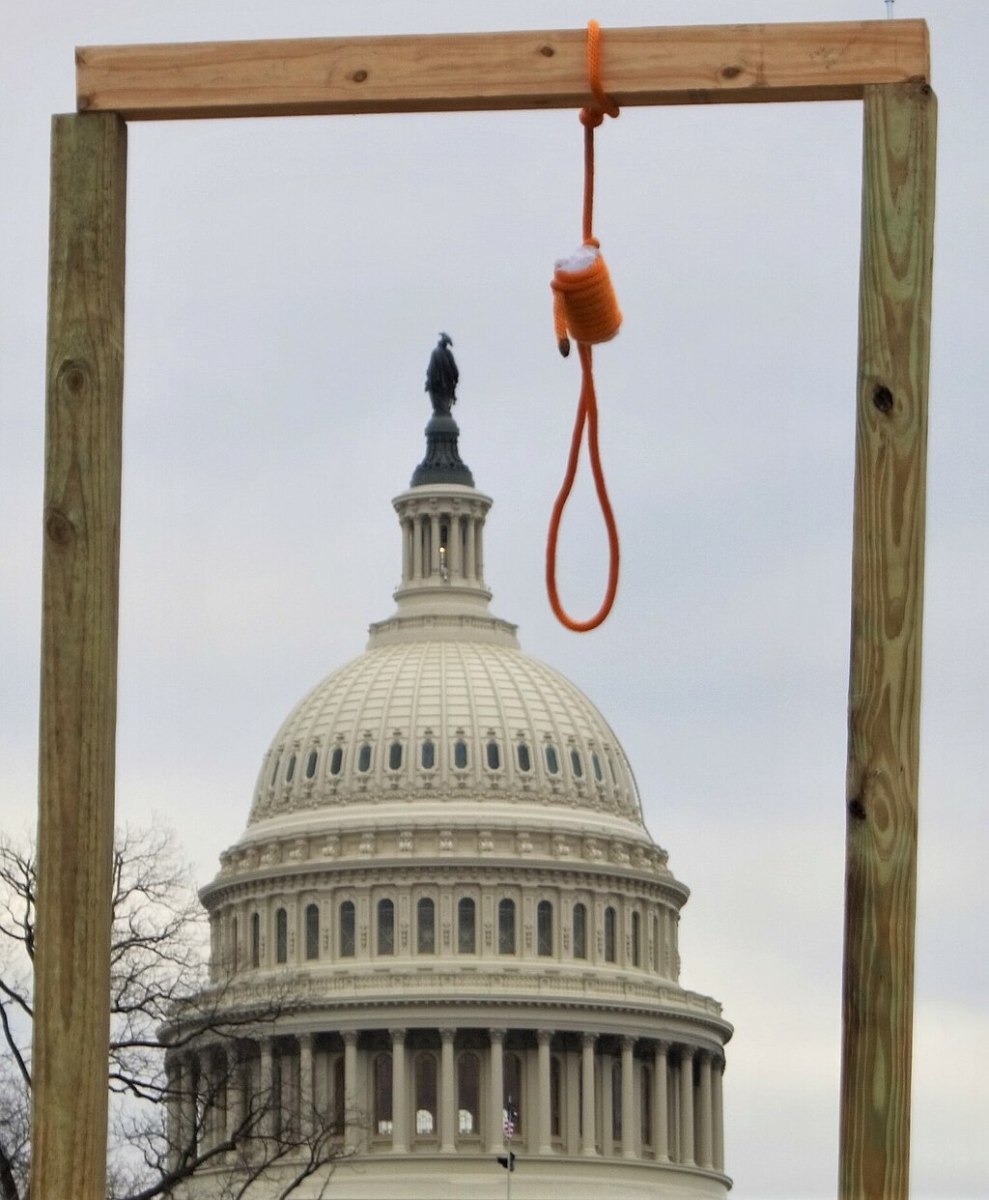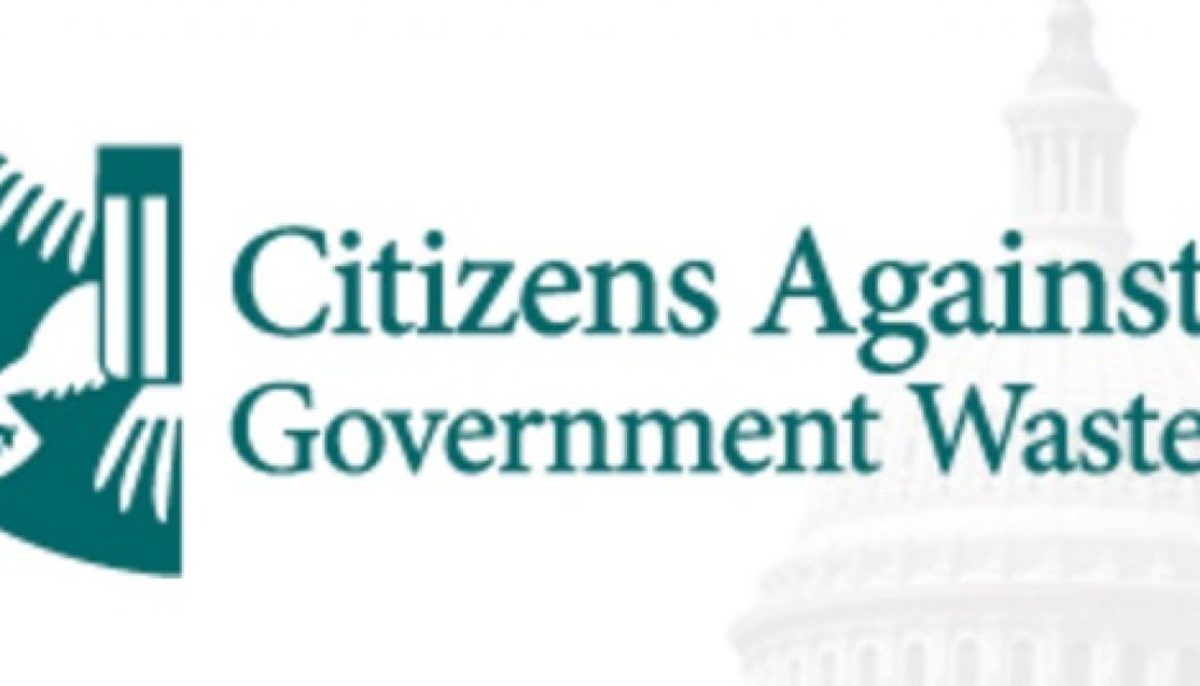The United States is in No Danger of Becoming a Christian Theocracy
Which Church Would Rule?
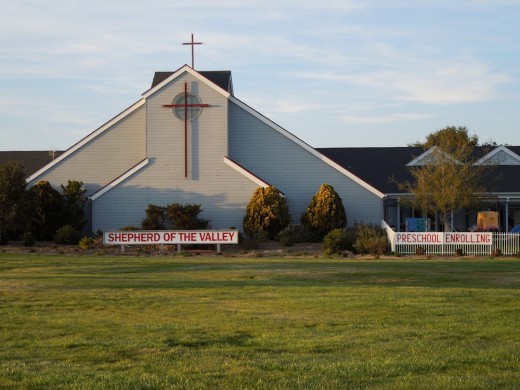
What is a Theocracy?
Before we discuss whether the United States is in danger of becoming a theocracy, we'd better understand what a theocracy is. I will use a definition from the American College Dictionary (Random House/ Singer, 1963.) To paraphrase, a theocracy is a form of government in which God or a deity is recognized as the supreme civil ruler. His laws would be interpreted by ecclesiastical authorities (church leaders in a Christian theocracy). It could also be a system of government in which priests claim a divine commission. (Commission is defined as the condition of being placed under special authoritative charge. ) So if priests of some branch of Christianity claimed God had put them in charge of administering divine law in the nation and our civil government went along with that, we might have a Christian theocracy.
The Fifth Edition of Webster's Collegiate Dictionary (G. & C. Merriam Co., 1941) has an even simpler definition: "Government of a state by the immediate direction of God; hence government by priests or ministers as representatives of God."
I submit that the chances of that ever happening in the United States of America are very slim.
There are two reasons I believe this.
1. Our Constitution has a system of checks and balances that divides power between three branches of government who would need to agree before such a thing could happen.
2. There is no one Christian denomination in the United States large enough or strong enough to come to power and the chances of one emerging get smaller every decade as the church continues to get weaker.
Can the President be a Pawn of the Pope?
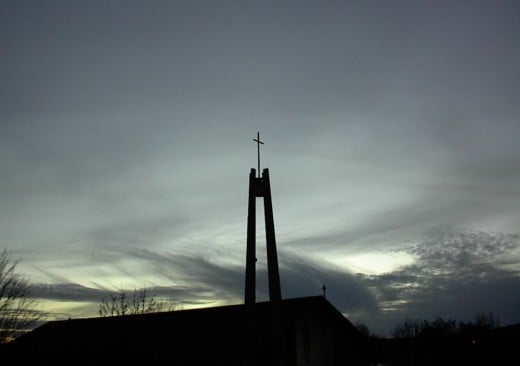
A Christian President Does Not a Theocracy Make
Probably this question was asked because some people who aren't Christians fear that if a sincere and committed Christian believer of any faith gets into the office of United States President, he will force what he considers God's will on the entire nation. People who have this fear must be people who do not believe the Constitution of the United States is the law of the land. As long as it remains so, no president can force his own will on anyone without trampling on the Constitution. If he tramples on the Constitution, Congress has the power to remove him or her through the impeachment process. If the Constitution is to be changed to permit a state church, the First Amendment would have to be repealed. That would take a combined act of Congress and ratification by the majority of states.
How easy is that? Our founding fathers, who wrote the Constitution, made it very hard to change. They wanted it to be able to change for really important reasons, such as abolishing slavery or giving women the right to vote. But they did not want it to be subject to change according to a whim of a current government. They wanted a lot of thought to go into it and an overwhelming majority of the government and the people to support each amendment or change to amendments. There have been thousands of amendments proposed in our over two hundred year history and only 27 have passed. Why? Each change in the Constitution or its amendments has to receive two-thirds of the votes in both the House and Senate. Then three-fourths of the states have to ratify that change.
Think about this past year. We currently have a president, Barack Obama, who does not enjoy the support of an overwhelming majority. Some voters and states think he's almost messianic and want to go along with almost everything he proposes. Others think he's the worst president in American history. Suppose he wanted to become a dictator so he could completely bypass Congress. How could he do this? I don't believe there is a constitutional way to do this.
This same difficulties would face a president who wanted to impose his religion on the country. We have had presidents of many different faiths. Some people were afraid John F. Kennedy would let the Pope rule through him, but we see he did not try to do that. Even if he had tried, he could not have carried out the will of the pope in policies unless the Congress and the Supreme Court allowed him to. The same would be true if Rick Santorum were to become president. All the president has is a bully pulpit. He cannot make laws. He only has power to execute the laws passed by Congress. If someone wanted to outlaw birth control by artificial means, he would have to propose that Congress pass such a law and then the law would have to actually get to the floor of both the House and Senate and be passed by both of them. As we have seen, these two houses have not been able to agree on anything where a majority of the people had some definite opposing views. I doubt if a law banning birth control or anything else that seemed to be a dictate of only one religion would even make it to the floor of either house of Congress for a vote. If it did, I doubt if it would have a chance of passing in either house.
The Congregational Church Descended from the Puritans
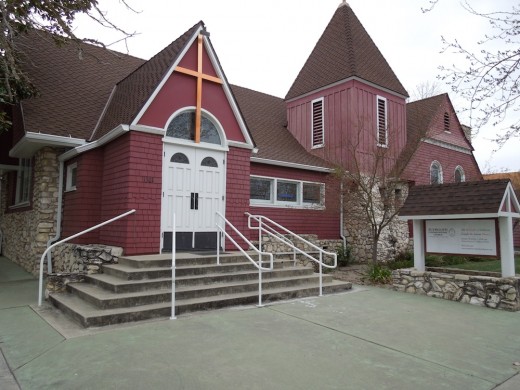
Massachusetts Bay Colony and Puritan Rule
Anyone who's been a Protestant for very long knows that the least thing on a Protestant mind is ruling the county. Protestants have a difficult enough time agreeing on policies in their own churches or denominations. The only time this country has had anything near a theocracy was in Massachusetts, before the United States existed, in the Puritan Massachusetts Bay Colony, in 1641. Though they were governed by a Body of Liberties, which established political freedom, they allowed no religion but their own.
The Puritans were given a charter in 1629 by King Charles I to settle and govern their colony near the Massachusetts Bay. Although they first joined an established colony in Salem, they left it in 1630 and moved to an area near present day Boston. They had come to the New World to be able to practice their own religion freely, and they agreed on that religion. It is a no-brainer they wanted to limit the religion to their own. Those who wanted to practice some other religion either left on their own or were put out of the colony and went on to settle other areas of New England. If we look at Boston today, it's easy to see that the Puritan rule did not last. By the time Massachusetts became a state of the United States, the more diverse Plymouth Colony and the Massachusetts Bay Colony had already been combined (1691) and Martha's Vineyard had been added under a charter granted by William and Mary.
The one thing all the Puritans agreed on was that they did not want a church hierarchy and that was a part of the Church of England, which was a state church. They wanted simplicity in both worship and church organization and believed all clergymen should be of equal rank. Many of them believed each congregation should be independent of all others. Some actually separated themselves from the Church of England, and it was those Separatist Puritans who first came to America as the Pilgrims and settled in Plymouth. The Puritans in Boston still considered themselves part of the Church of England, but were later influenced by the Separatists in Plymouth. In 1648, the Separatists and Puritans united to form the Congregational Church, expressing their agreement in the Cambridge Platform.
Which Church Will Rule?
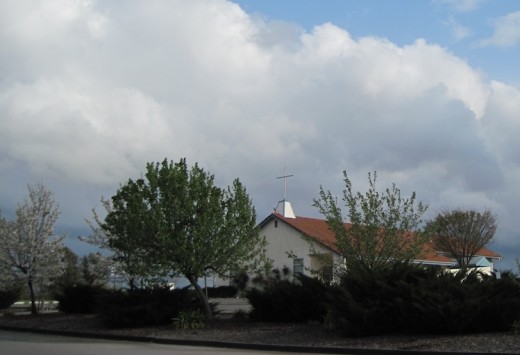
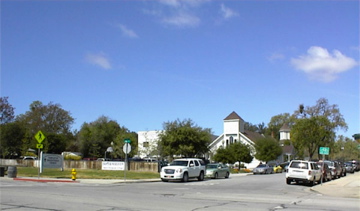
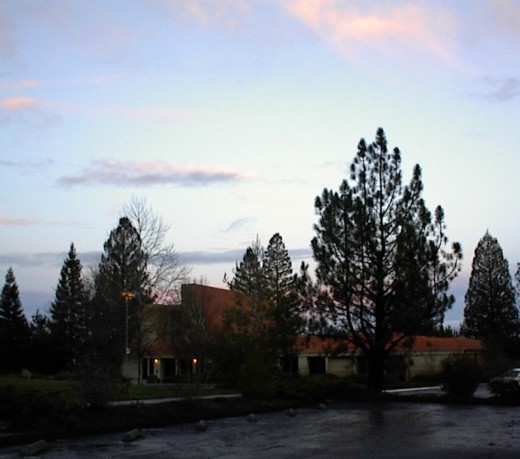
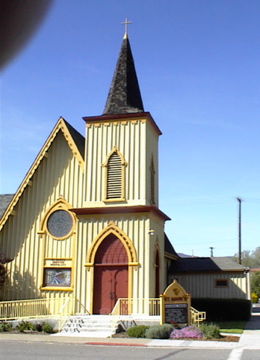
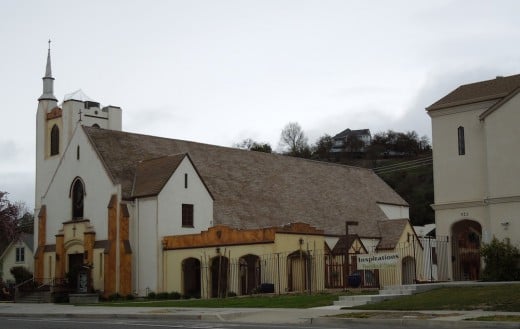
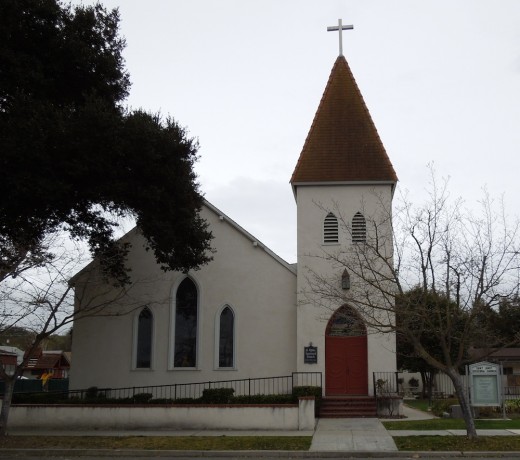
The Strength of Protestants
Do you think any Protestant denomination is strong enough in the United States to turn it into a theocracy?
Which Branch of Christendom Would Rule?
As we look at the history of Protestantism in America, it has gone more in the direction of liberalism than conservatism. Jimmy Carter was a raised a Southern Baptist, but later left that denomination over its stand on abortion. Harry Truman was a Southern Baptist, and Bill Clinton is a Southern Baptist who does not agree with his church on some major social issues. It does not appear that Southern Baptist presidents want to start a theocracy.
We have had 12 presidents who were at some time in their lives Episcopalian, 11 who were at some time Presbyterian, five who were Methodist, four who were Baptist, four who were at some time Unitarian, three who were Disciples of Christ, two Quakers, one Catholic, and two who were at some time Dutch Reformed. My biggest surprise was finding that Dwight D. Eisenhower, whom, as you remember was a general before he was a president, had been raised as a Jehovah's Witness and even used a Watchtower Bible in his second inauguration. Although when he was a child, his home had been a Watchtower Society meeting place, his father and siblings all stopped associating themselves with the society after the prophecy that Armageddon would occur in 1914-1915 was proved false. In 1953, Eisenhower was baptized and confirmed as a Presbyterian and when he retired he joined the Gettysburg Presbyterian Church. Find more information on the religious affiliations of United States Presidents here.
It's interesting to note that no president of the United States has ever tried to make his own religion a state religion, yet almost every president has either quoted the Bible or talked about God in public addresses. It was assumed by most of them that most Americans believed in God, and during Dwight D. Eisenhower's term, the words "under God" were put into the Pledge of Allegiance. Our Declaration of Independence states"We hold these truths to be self-evident: that all men are created equal, that they are endowed by their Creator with certain unalienable rights, that among these are life, liberty, and the pursuit of happiness."
Nowhere does this document state how this God is to be worshipped or in what house of worship. That was always left up to the people. But most of our country's laws were based on six of the Ten Commandments, which originated with the Jewish faith and was recognized as authoritative by Christians. Two of these are no longer illegal. Our laws no longer prevent doing business or anything else on the Sabbath Day and they no longer forbid adultery in most states or enforce any laws which may still be on the books. Only the churches and synagogues really care much about the Ten Commandments any more, and most of them seem to leave it up to individual conscience. Church discipline is rare in most Protestant churches today.
Protestants by their very nature and history are independent. They got their start by rejecting the teachings of the Catholic church. Most denominations believe the Holy Spirit leads men to correctly understand the Bible. Some have even come out with new Bible translations or paraphrases that they consider more "inclusive" and less "sexist." If a church doesn't like what its minister is doing, it often sends him away and gets a new minister. Some churches are independent and align with no denomination.
The higher up you go in most church governments, the more liberal will be the people running things. Many ordinary church members and even some congregations are much more conservative in their beliefs than their leaders. Protestant church leaders have no real authority over their own grassroots anymore, so it is highly unlikely that any of them would be interested in trying to control a diverse population of the United States. They'd rather be protesting something than be protested against.
Protestants in modern American are used to tolerating the beliefs of others as long as their own are not infringed on. Most of them have no great loyalty to any denomination, and often switch from denomination to denomination. If Protestants thought anyone would even consider a theocracy, they would fight it. If the Baptists wanted to run things, the other denominations would protest, and so on with any denomination that would try to usurp national power.

That Leaves the Roman Catholic and the Orthodox Churches.
Since the Catholic and Orthodox churches come from traditions where emperors ruled, and one person was considered the head of the church, it would be much easier for these churches to have a theocratic mindset. But even in the countries where they originated, these churches no longer have secular authority. Most western countries today, including America, have a large secular population even where state churches do exist. Since there has never been a national state church in America, people are used to living with those of other religions and acknowledging their right to worship (or nor worship) as they please. Religious leaders today recognize that belief comes from the heart and spirit, and that true belief cannot be forced on a person. The American people would never stand for a theocracy or have any interest in having one. No American president could have legal power to bring it about and Congress would never be able to agree to such a thing and the Supreme Court would declare it as a violation of the First Amendment.
Would You Like to Live Under Sharia Law?

Who's Really Afraid of a Christian Theocracy in America?
I doubt if any American really believes a Christian theocracy in the United States will happen. What some people may be afraid of is that a president's influence might make people less comfortable with abortion, since the legality of abortion depends on the determination that life does not begin at conception. There is a movement to return the making of laws concerning abortion back to the states. And it's possible that some states would ban some abortions again. Some people, including President Obama when he was a Senator, support letting a third doctor kill a newborn if it was supposed to be aborted and was somehow born anyway because the abortion didn't go as planned. This is infanticide, and actually is murder because it kills a living, breathing baby. I don't believe this law passed the Congress, but the very fact it was proposed shows the direction things are heading if some people get their way.
I don't think there is any possibility of a Christian theocracy in this country unless the Constitution is completely discarded, especially since churches aren't that interested in running the country and the American people wouldn't stand for it. It's more likely that our willingness to tolerate anything but Christianity will lead to a completely secular government that will no longer allow free exercise of religion. President Obama is already chipping away at the rights of Christians, and the atheists have been successful in getting religious symbols and practices that were once common removed from public places.
As Christianity gets weaker and Americans become more lax morally, we will probably go the way of the great civilizations before us and be conquered by another power. That means we could be a secular Marxist state with no freedom of speech or religion, or we could become a true theocracy if we are conquered by the Islamic Fundamentalists.
What Jesus Said about This
Jesus lived during the days of the Roman Empire. He was considered a radical troublemaker by the religious authorities of his day. The Jewish people were allowed to rule themselves in religious matters, but had to have Roman permission to put someone to death. So when the Jewish leaders arrested Jesus and wanted to put him to death for claiming to be the Son of God, they needed a more secular charge to bring him before the Roman authorities. They charged him before Pilate as a king of the Jews (someone who might start a Jewish insurrection against the Roman government.)
Pilate asked Jesus, "Are you the King of the Jews?" Jesus asked Pilate back if he had heard this or come to it on his own. Pilate was a bit irritated at having to deal with the situation and asked Jesus back, "Am I a Jew? Your own nation and the chief priests handed you over to me. What have you done?"
Jesus replied, "My kingship is not of this world; if my kingship were of this world, my servants would fight that I might not be handed over to the Jews; but my kingship is not from the world." (From John 18:33-36, Revised Standard Version, Thomas Nelson, 1972)
Christians who would try to bring a theocracy to the United States would be going against Jesus' own teaching. If there is ever to be a theocracy on the earth, it will be brought about by Jesus himself after he returns, and it will encompass the whole earth, not just one country. Christians don't agree on how and when this might happen. If this interests you, plenty has been written about it by more knowledgeable students than I. I personally am not a student of prophecies of the end time.

